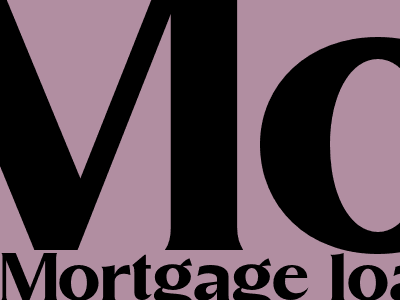
Impact of Bank of England Base Rate Hike on Mortgage Loans
Introduction
The Bank of England recently raised the base rate by 0.5% to 4%, the highest level since 2008. This move has significant implications for mortgage borrowers and the wider housing market.Impact on Mortgage Loans
Higher Repayments
The interest rate on variable-rate mortgages will increase in line with the base rate hike. This will mean higher monthly repayments for borrowers, potentially putting a strain on household finances.
Fixed-Rate Mortgage Applications
The availability and cost of fixed-rate mortgages are also likely to be affected. Lenders may increase interest rates on fixed-rate mortgages to reflect the higher base rate, making them less attractive for borrowers.
Impact on the Housing Market
Reduced Demand
Higher mortgage rates can reduce the affordability of homes, leading to decreased demand in the housing market. This may result in slower price growth or even a decline in house prices.
Fewer Transactions
The increased cost of borrowing may discourage people from entering the housing market or moving to a new home, resulting in fewer property transactions.
Government Response
The government has announced measures to mitigate the impact of the base rate hike on mortgage borrowers. These include:
- Energy price cap to reduce household energy bills
- Expansion of the Help to Buy scheme for first-time buyers
- Support for homeowners struggling with mortgage repayments
Conclusion
The Bank of England's base rate hike will have a significant impact on mortgage borrowers and the housing market. While the government has taken steps to mitigate the impact, it is essential for borrowers to be aware of the potential implications and consider seeking financial advice if necessary.